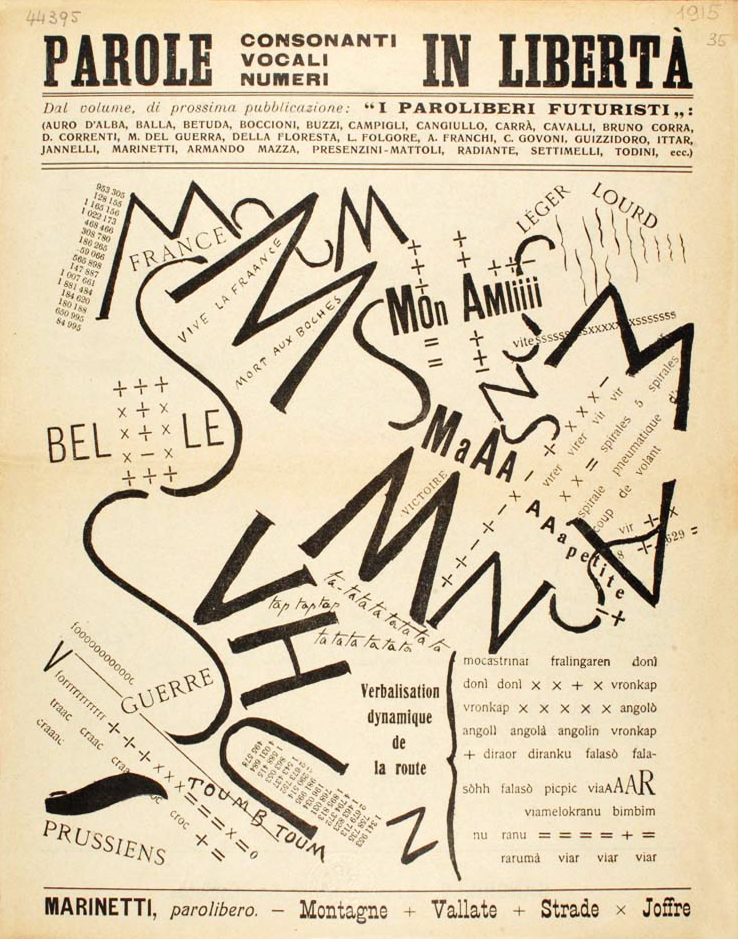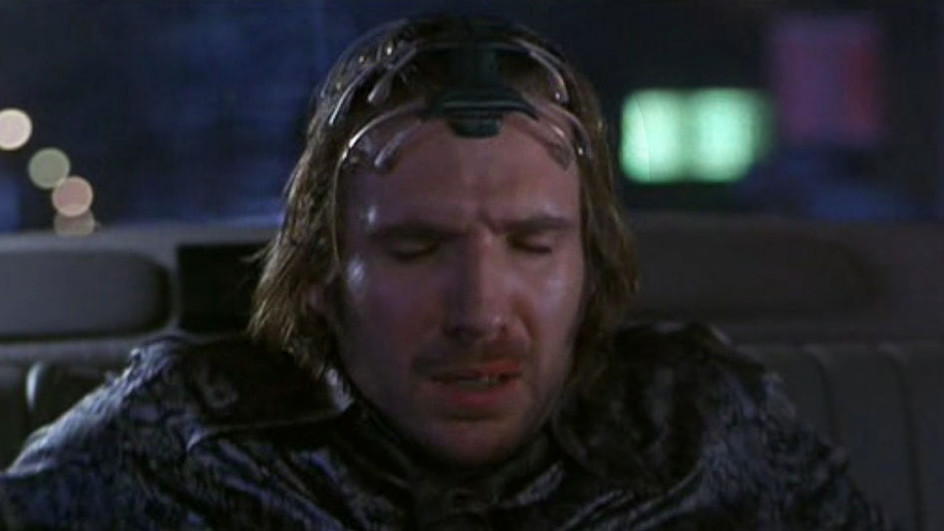54
The aesthetic of the glance also makes the viewer aware of the process rather than just the product-both the pro- cess of creation and the process of viewing. For example, the Emergency Broadcast Network's CD-ROM conveys the feeling that we are witnessing, and in a way participating in, the process of its own construction. By emphasizing process, digital hypermedia become self justifying. With their constant references to other media and their con- tents, hypermedia ultimately claim our attention as pure experience. In this claim, and perhaps only in this claim, hypermedia remind us of high modern art.
The aesthetic of the glance also makes the viewer aware of the process rather than just the product-both the pro- cess of creation and the process of viewing. For example, the Emergency Broadcast Network's CD-ROM conveys the feeling that we are witnessing, and in a way participating in, the process of its own construction. By emphasizing process, digital hypermedia become self justifying. With their constant references to other media and their con- tents, hypermedia ultimately claim our attention as pure experience. In this claim, and perhaps only in this claim, hypermedia remind us of high modern art.
As with MTV, the viewer experiences such hypermedia not through an extended and unified gaze, but through directing her attention here and there in brief moments. The experience is one of the glance rather than the gaze, a distinction that Bryson (1983) has drawn in order to understand the semiotics of Western painting (cf. Bryson 1981). [...] Digital hypermedia also look what they do. On the other hand, modern art often worked by reduction and simplification rather than excess. In that sense, digital hypermedia (and MTV) are closer in spirit to the excessive rhetoric of early modernism than to the visual practice of high modernism.
As with MTV, the viewer experiences such hypermedia not through an extended and unified gaze, but through directing her attention here and there in brief moments. The experience is one of the glance rather than the gaze, a distinction that Bryson (1983) has drawn in order to understand the semiotics of Western painting (cf. Bryson 1981). [...] Digital hypermedia also look what they do. On the other hand, modern art often worked by reduction and simplification rather than excess. In that sense, digital hypermedia (and MTV) are closer in spirit to the excessive rhetoric of early modernism than to the visual practice of high modernism.
The rhetoric of cyberspace is reminiscent of the manifestos of Filippo Tommaso Marinetti and the futurists. Moreover, the cyberspace enthusiasts have a similar relationship to technologies of representation that Marinetti and the futurists had to technologies of motive power (race cars, airplanes, etc.).
The rhetoric of cyberspace is reminiscent of the manifestos of Filippo Tommaso Marinetti and the futurists. Moreover, the cyberspace enthusiasts have a similar relationship to technologies of representation that Marinetti and the futurists had to technologies of motive power (race cars, airplanes, etc.).
Original Url: https://allsourcesarebroken.net/sites/default/files/Figaro_-_journal_non_politique_0.pdf Edit
 Source type: picture
Source type: pictureInfo: Montagne + Vallate + Strade x Joffre, by Tommaso Marinetti, 1915
Original size: 738x939 px. Edit
The second paradox is that just as hypermedia strive for immediacy, transparent digital technologies always end up being remediations, even as, indeed precisely because, they appear to deny mediation. Although transparent technologies try to improve on media by erasing them, they are still compelled to define themselves by the standards of the media they are trying to erase. The wire, Lenny claims, "is not like TV only better"; in saying this, of course, he affirms the comparison that he denies. The wire does improve on television, because it delivers "lived" experience, as television promises and yet fails to do.
The second paradox is that just as hypermedia strive for immediacy, transparent digital technologies always end up being remediations, even as, indeed precisely because, they appear to deny mediation. Although transparent technologies try to improve on media by erasing them, they are still compelled to define themselves by the standards of the media they are trying to erase. The wire, Lenny claims, "is not like TV only better"; in saying this, of course, he affirms the comparison that he denies. The wire does improve on television, because it delivers "lived" experience, as television promises and yet fails to do.
 Source type: picture
Source type: pictureInfo: SQUID recording technology in Strange Days (1995)
Original size: 944x531 px. Edit
 Log-in
Log-in


